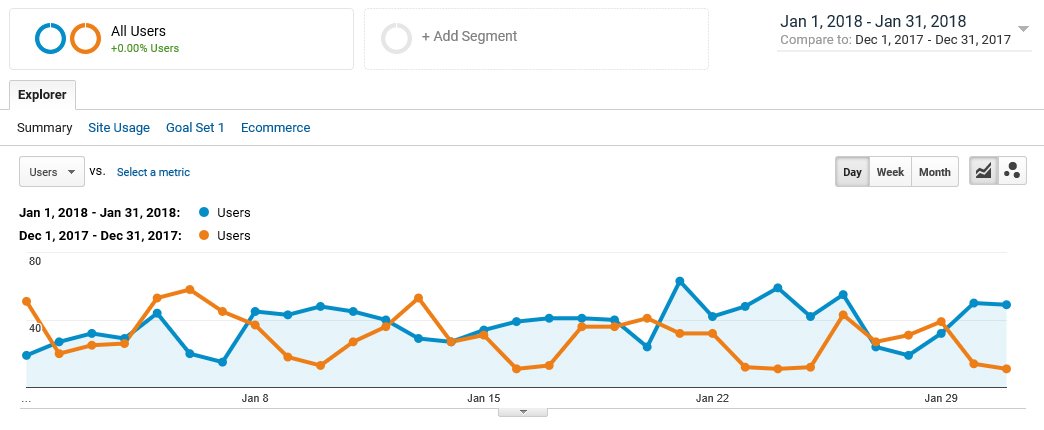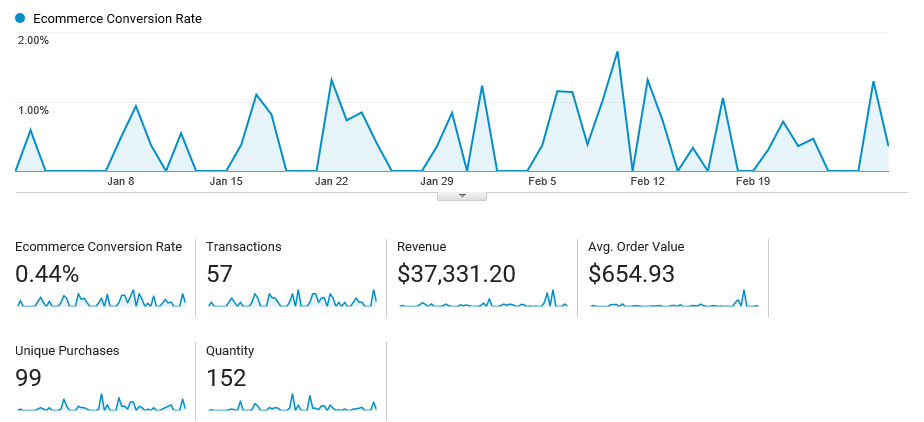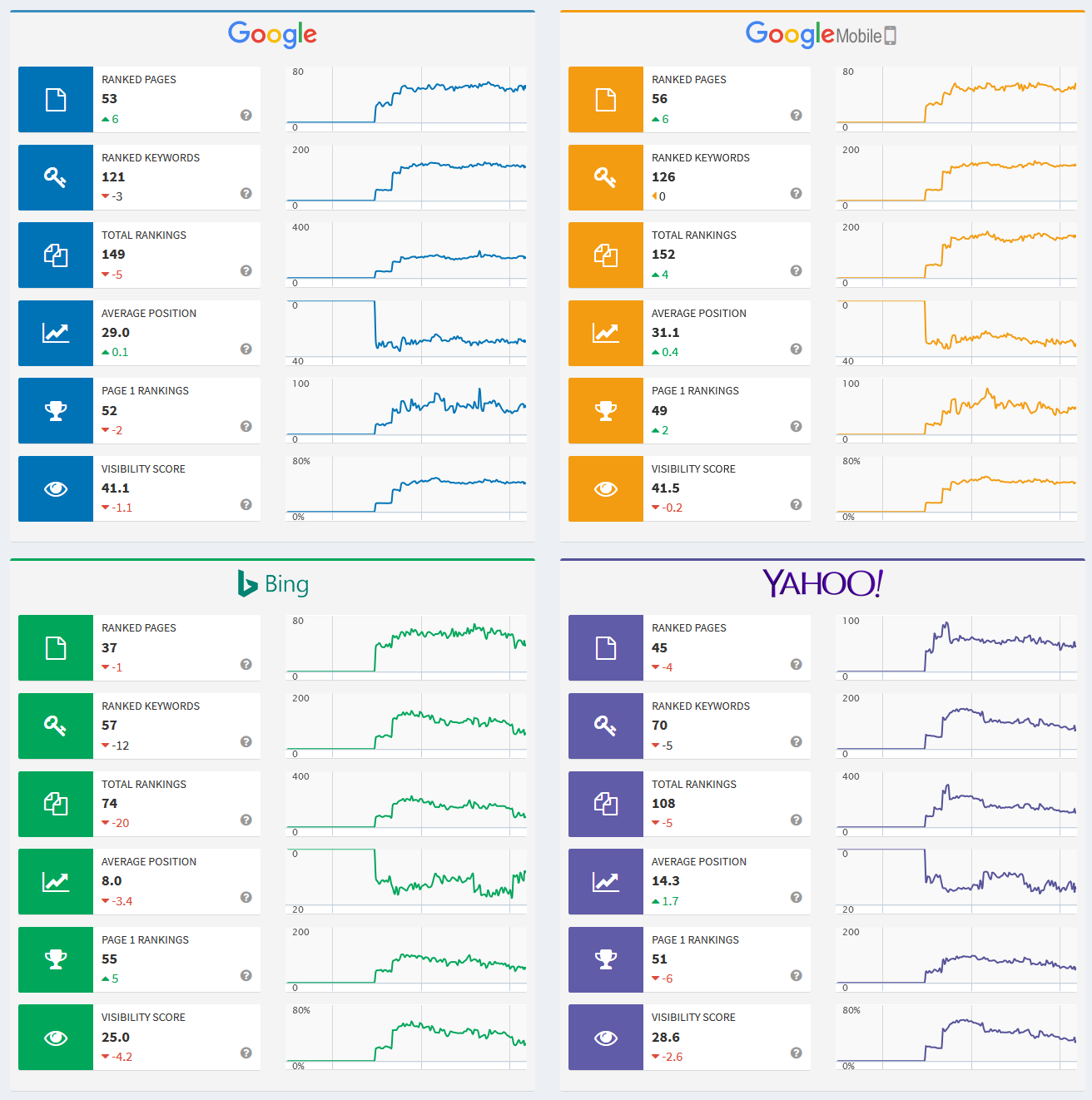To stay ahead in the competitive healthcare market, entities in this sector utilize strategic healthcare digital marketing services provided by digital marketing companies. To show the progress of various services, the SEO company prepares monthly reports for their clients. This document enables the client to understand the impact of the SEO campaign on their medical business, and have an overview of all actions and plans used in a particular month. It highlights the objectives, work completed, keyword progress, impact on traffic, ROI figures and so on. A monthly search engine optimization report is important for any business as it serves as a form of evidence for all the medical website marketing / search engine marketing activities. Ignoring these reports or preparing an improper report can have a negative impact that you may not anticipate, and it can even lead to fairly high dropout rate of clients. If you fail to clearly show the SEO efforts you have put into practice, there is a strong likelihood that the client would feel that your services are of no use.
Today marketers never seem to be satisfied with what they provide, and clients are not happy with the SEO reports either. This is probably because of the use of highly technical terminology which clients may not understand. Your clients would want to know relevant details such as how many people visit their website for a particular keyword, the ranking of the page, details about links and the progress made in a month’s time. An SEO report is all about making the client aware of the SEO efforts put into effect in simple and understandable language. To keep a client for a long period of time, it is important to create reports that show real value. A new client looking at misleading or ineffective reports you may have prepared in the past could have second thoughts about hiring you for their SEO campaign. So, this brings home the importance of preparing good SEO reports.
Here’s how you can go about it. First let us look at what all details an SEO report must contain.
- Project overview: Mention all the goals and objectives of the current project. This helps remind the clients about why they are investing in search engine optimization. Typically, project objectives may be “increasing sales,” or “gaining more subscribers to newsletters.”
- Traffic: Include details about website traffic generated compared to the previous month. You can show how improved search engine ranking, link bait, and blogs/articles published to provide authority to the client in their niche have contributed to the increase in website traffic. Remember that this information will be available in Google Analytics and other stats software.
- Engagement: This signifies how visitors are behaving on your website and this affects your ranking. Google needs to see targeted visitors landing on your site, finding the content they are looking for, and engaging with it. The important metrics here are average session duration (the average time each visitor spends on your site), average pages per session, and bounce rate (the percentage of people that leave your site without interacting with your content or moving on to another page). Google Analytics is the best place to find visitor engagement rate. There are 3 columns under the heading “Behavior” and these columns are the three metrics mentioned above.
- Conversion: If the conversion is a lead or enquiry and not a purchase, the key metrics are conversion rate and conversion volume. If the conversion is a purchase, the additional metrics total revenue and average order value are also relevant. These metrics can also be obtained from Google Analytics. You can find an E-commerce option under the Explorer tab heading. Click this to view these metrics. To view lead generation conversions, navigate to the Conversions area in the left nav, click on Goals and then Overview. Choose Source/Medium to show the goals achieved from organic traffic.
- Overall online visibility: Search visibility provides a clear overview of organic performance. It looks at the number of terms a website ranks for, where it ranks for those terms, what search volume they have, and the estimated traffic they will drive as a result of that ranking. A score is calculated and trended over time. In Searchmetrics, you can enter a domain name and get an updated score. A paid account may be necessary to access the full version, but it is an effective way to trend a relevant summary score for a website’s organic performance.
- Keyword progress: It is good to show the rise in traffic to the website as a result of the increase in ranking for targeted keywords in the search engines. Demonstrate to the client the progress the website is making in the major search engines including Google and Bing.
- Total ROI for e-Commerce campaigns: This should include detailed sales data from each online marketing channel. If you have not configured eCommerce tracking under GA property, read this article.
- Accomplished work: Your SEO report must include all the work you have done in a month. You can mention specific tasks like backlinks required, optimized pages, sitemap creation and other important data. Also, show the progress of your work and details of all good results that you have achieved. Mention all changes you have made, whether page titles, descriptions and so on. Make a list of the pages, and what modifications you have made to the content. Include details such as implementation of 301 redirects, resolution of canonical issues and so on.
Here are some things to avoid including in your SEO report.
- Don’t give undue importance to link acquiring because many clients do not really understand the way links work or even why they are important.
- Similarly, it is best to avoid overloading your reports with complex data the client may find difficult to understand. In case the client is someone who understands technical details and wants all the data, give all the information to them. If another client doesn’t want it, change the way you prepare the SEO report.
- Dashboard is a good tool for an internal team. However, if it is made available to the client, they will have 24/7 access to look at what is going on. This could prove difficult because you may have to explain sudden traffic drop or ranking drop if that happens. Most dashboards are heavy with complex data which can make it more confusing for the client.
To conclude, keep the SEO report short and simple that is understandable for clients with details that are relevant. Highlight all targets achieved so that the client can notice the amount of work done. Use infographics, pie diagrams, and graphs to show your results. This makes it easier for clients to understand the SEO efforts. Make sure that the SEO report clearly expresses elements such as traffic from Google organic search results, visitors to the website from the links you built, monthly comparison of organic, referral, social and paid traffic, most viewed pages, sales funnel and goal completion rate across all the channels.
A good Long Island SEO company should focus on preparing SEO reports that show how organic traffic improves over time, and how leads improve over time. Prepare custom reports for clients who may need information on some specific SEO strategy you are using. When preparing SEO reports and dealing with clients, SEO professionals should ideally not think like marketers but think from the point of view of the client.







